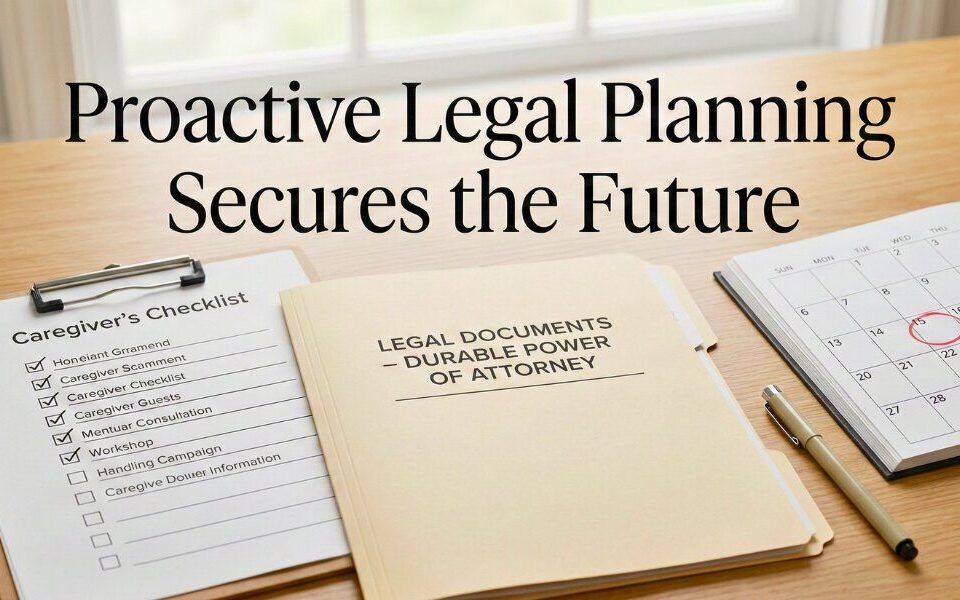Florida is a state with many tax benefits. It also offers tax breaks to various groups to reduce financial burdens. Property tax exemptions can be very effective in this regard. Disabled people are among those who may benefit from property tax exemptions. However, these exemptions may be difficult to understand. This post will explain the basics of the disability property tax exemption in Florida.
Property Tax Exemption in Florida: The Benefits for Disabled People
The first point is that a few exemptions may apply to different groups. All require permanent disability for eligibility and residency in the state. However, the exemptions may vary. Read on to learn who is exempt from property taxes in Florida and other facts about these tax breaks.
Homestead Exemption for Persons with Permanent and Total Disability
The first disability waiver is for people with permanent and total disability. However, it does not require the person to use a wheelchair or other mobility aids. This exemption can reduce the property’s assessed value by $5,000. While mobility aids are not a factor for eligibility, people in wheelchairs might have better options for exemptions.
Exemption for Quadriplegics, Paraplegics, Hemiplegics, Blind, and Totally and Permanently Disabled Persons
Florida offers this property tax exemption for people with severe disabilities. It covers quadriplegia, paraplegia, hemiplegia, and blindness. Qualified residents can be exempt from property taxes on their homestead. For those with quadriplegia, the homestead residence is exempted regardless of household income. People with paraplegia, hemiplegia, and blind people may also receive a complete exemption, but there are income limits.
Veterans Disability Exemptions
There is also a property tax exemption for disabled veterans in Florida. Veterans with a 100% service-connected disability are typically eligible for a full property tax exemption on their homestead residence. There’s also an exemption for veterans with a disability rating of at least 10%. Those veterans may qualify for a $5,000 exemption on the property’s assessed value. Disabled veterans over 65 may also be eligible for another exemption. In this case, the discount equals the veteran’s percentage of permanent service-connected disability.
Eligibility Requirements
While different exemptions might have varying requirements, some points apply to all. For example, applicants must provide sufficient proof of their disability. Florida law requires certification from two Florida-based physicians, the Social Security Administration or the Department of Veterans Affairs. Two physicians must have no professional relationship if the certification is from two physicians. When applying, you must submit form DR-416 (or form DR-416B if your disability is blindness) from each physician. Additional documentation may be required, depending on the specific exemption.
Residency and Income
The individual must be a Florida resident as of January 1 of the year in question. Beyond that, you must be under the gross income limits. It is important to note that gross income includes Veterans Affairs benefits and Social Security payments. As of 2024, the limit is $35,693. However, the government adjusts these limits annually to account for changes to the cost of living. First-time applicants must submit form DR 501-A to verify their gross income. However, it is important to remember that individuals with quadriplegia are exempt from income limits.
These property tax exemptions provide vital financial relief to individuals with disabilities. Older people should also be aware of the property tax exemption for seniors in Florida. You can also contact your country appraiser’s office for help confirming details or clarifying eligibility.
Do you or a loved one need elder law services in Florida? Click here to contact the Scott Law offices. Our elder law experts are ready to help with issues like estate planning, long-term care planning, etc. Reach out now for more information about our services.
Thanks for visiting!




